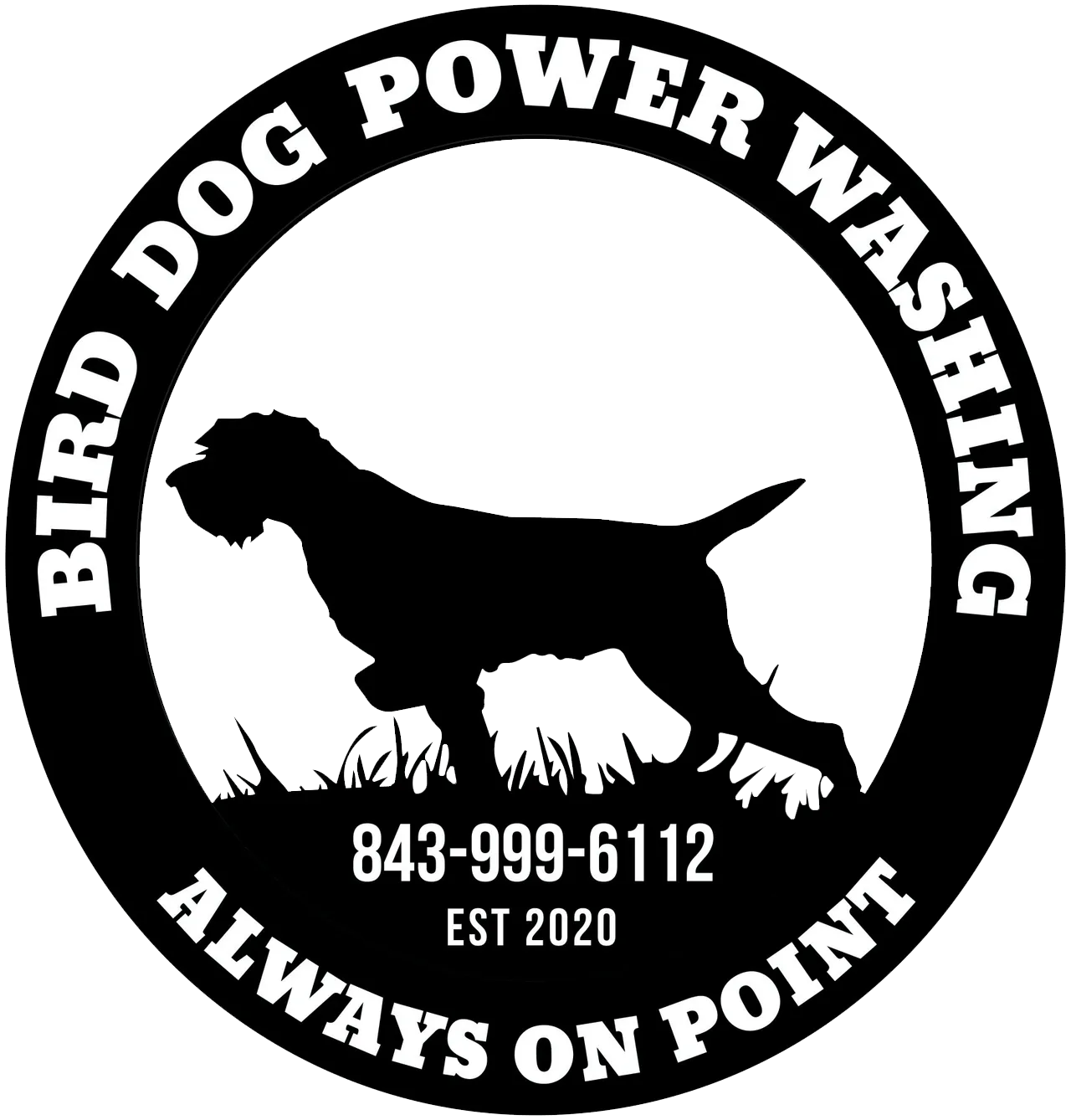Solar Panel Cleaning Tips
If you plan on cleaning solar panels yourself, make sure you have access to a ladder and safety equipment. Avoid using pressure washers which could damage the glass covering and impact energy production.
Typically, washing solar panels with water and a soft brush or squeegee is all that is needed. Especially in desert climates, regular cleaning is necessary to maximize energy production. Read on to know more.
Dust
Dust can accumulate on solar panels at a rate that degrades energy production. Dust can build up especially quickly if your home is downwind from a highway, airport, or farmland.
During most cases, regular rainfall should wash away enough dust to prevent an excessive build-up. However, you will need to clean your solar panels more often if you live in an area that experiences a lot of dust storms or if you are located near a construction site.
To get rid of dust, simply wipe the surfaces of your panels with a hose and soapy water. Make sure to use a soft sponge and avoid using a pressure washer, which can damage the solar cells. If your panels have oily stains, apply a small amount of isopropyl alcohol to a soft cloth and squeeze the surface. For the best results, choose an overcast day and start cleaning early in the morning before the sun heats the panels.
Dirt
In many cases, dirt is a significant cause of reduced solar panel performance. Especially in areas with sparse rainfall, it is easy for dust to build up and smear across the surface. Similarly, if your home is downwind from a highway or airport, the panels may accumulate heavy coatings of pollen and smoke.
Cleaning these types of deposits is easy with a bucket of soapy water and a sponge, or a soft cloth draped over an extendable squeegee. Isopropyl alcohol can also be helpful for removing oily stains that may appear on panels near truck routes or airports.
To avoid contaminating the solution, spray the area being cleaned in sections. Then, wipe the solution off with a dry sponge or squeegee before it can evaporate and leave behind residue on your solar panels. To make the process even easier, a telescoping hose nozzle is a good investment since it allows for better control of the spraying direction.
Pollen
Pollen can be a significant problem for solar panels, especially those located downwind of farmland or other vegetation that releases large amounts of pollen. During windy weather, pollen can easily blow onto the panels and settle on their surface, hindering their performance.
Regularly cleaning the panels with a soft brush or broom can remove much of this material before it has a chance to settle and build up. In addition, sweeping the panels regularly will prevent a buildup of dust and keep them working at their best.
It’s recommended that solar panels be cleaned every six months to a year, depending on local conditions. If the panels are located downwind from a highway, airport, or other industrial facilities that produce heavy dust buildups, it may be necessary to clean them more often. Cleaning solar panels is a simple job that doesn’t require any special tools or chemicals. All that is needed is a ladder, water, and a soft brush or squeegee.
Moss
Moss inhibits solar panel output and efficiency but can be removed easily with a combination of a moss-prevention product and regular cleaning. This is particularly important in shady regions and in the winter when moss can grow more quickly.
Start by removing any large debris from the surface of the solar panels, using a plastic scraper taking care not to scratch the glass surface. Next, spray the entire surface of your solar panels with a mild detergent solution such as Wet and Forget. This contains a biocide (alkyl dimethyl benzyl ammonium chloride) that prevents living organisms from growing on the surface of your solar panels.
Be sure to wear a face mask, work with a partner, and take the necessary safety precautions when working at roof height (i.e. a ladder with secure rungs). Once the panel surfaces are clean, descend back to the ground safely and turn the power off on your panels. Allow them to dry completely before turning them back on. Refer to This Web Page.

